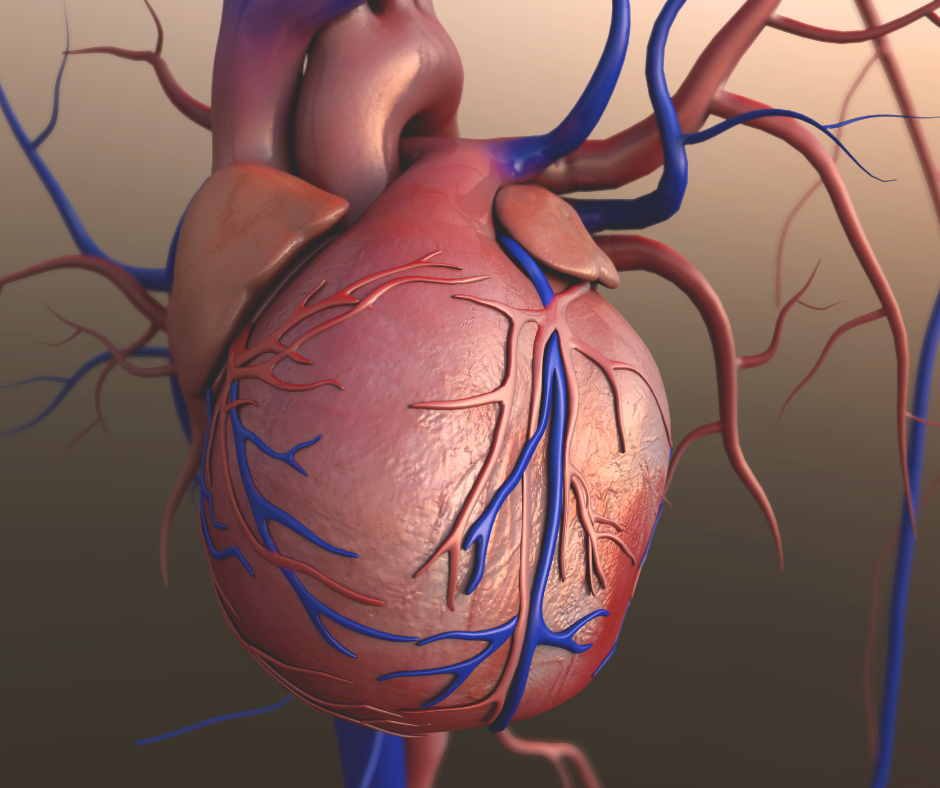Cardiology Clinic
It is generally accepted that oestrogens abolish menopausal symptoms, increase bone density, reduce the incidence of heart attacks, strokes and Alzheimer’s disease and improve sexuality.
What happens at the Cardiology Clinic
Headed by Dr. Kaushik Guha, our cardiovascular service takes a multidisciplinary team approach to ensure patients receive comprehensive and specialised care for their cardiovascular health.
Patients will be asked to complete a detailed symptom questionnaire that gathers important information about symptoms, medical history, and overall health.
If required a blood screen can provide insights into your cardiovascular risks and health status – this helps us to make an informed decision about further diagnosis tests and treatment.
If recommended, we can arrange additional tests and screening such as electrocardiography (ECG) and echocardiogram (echo), and some patients may also need cardiac magnetic resonance imaging (MRI) and ambulatory heart monitoring.
Patients requiring more advanced testing and interventions such as angiograms, angioplasty, pacemakers, and defibrillators may remain under the care of Dr. Guha if they choose.
No GP referral is required.
Risk factors for heart disease and stroke
- Smoking
- Being overweight
- Lack of exercise
- Excessive alcohol
- Diabetes
- High blood pressure
- Dyslipidemia – unbalanced or unhealthy lipid levels (too high or too low cholesterol or when the balance of total and high density lipoprotein (HDL) cholesterol is unhealthy).
- Family history of heart disease
- Preterm delivery, hypertension and diabetes in pregnancy
- Autoimmune disease
- Breast cancer treatment
- Depression

Dr Guha
Dr Guha has a wide breadth of cardiac training and is knowledgeable in all aspects of cardiovascular medicine. He has developed specialist interests in heart failure, COVID-19, Sarcoidosis and Amyloidosis, complex device and pacemaker implantation.
Multidisciplinary Team Approach to cardiovascular health
Our multidisciplinary team approach brings our specialists together to offer you an individualised treatment and rehabilitation plan. The team works together to share their expertise and insights to ensure all aspects of your health are covered.
We address the symptoms of cardiovascular disease and improve cardiovascular health outcomes by offering tailored treatment plans that can include advice and guidance on nutrition, weight management, and exercise.
Many women are missed on general screening for cardiovascular disease according to research and evidence, as they often present with different symptoms of heart disease to men.
For menopausal women misdiagnosed with menopausal symptoms, the team will focus on distinguishing the cardiovascular symptoms from menopausal symptoms and develop appropriate treatment plans.
These modifications might include lifestyle changes, such as dietary and exercise programmes, and medications or interventions specific to cardiovascular disease.
Additionally, Hormone Replacement Therapy (HRT) is considered if it aligns with your overall health, risk profile, and personal choice.
There is emerging evidence that women are under treated for cardiovascular conditions
There is a general belief that women are considered less likely to suffer from cardiovascular disease, and even when diagnosed, their treatments tend to be suboptimal.
As the signs of cardiovascular disease in women can be different from those seen in men, this can lead to misdiagnosis and dismissal of symptoms as anxiety-related.
Due to the change in hormones during perimenopause and menopause, it is common for women to experience anxiety and heart palpitations. If the palpitations are linked to symptoms of menopause, then Hormone Replacement Therapy (HRT) is a very effective treatment to help reduce them.
We feel there is a genuine need for women to request a referral to a specialist for cardiovascular risk assessment – especially those with a history of high blood pressure and high cholesterol, who smoke, have difficulty managing a healthy weight, or are physically inactive.
As research continues, non-traditional risk factors for cardiovascular disease in women should also be considered, and these include preterm delivery, hypertensive pregnancy disorders, gestational diabetes, breast cancer treatments, autoimmune diseases, and depression.
Dr. Kaushik Guha, Consultant Cardiologist is part of The Female Health Clinic team. With his expert services, we can quickly refer our patients to specialist support and cardiovascular assessment if required.
Always seek immediate help from your GP if you have any concerns about any symptoms you may be experiencing.
Find the best solution for you
If you are not sure what treatments are for you then search your current symptoms to find the right treatment for you.
Regulated by The Care Quality Commission
A modern and private independent healthcare clinic focusing on feMale health. We operate by appointment only to ensure a discreet and confidential service for our patients.
The British Menopause Society
Not all clinics and doctors are recognised as specialists by The British Menopause Society (BMS), the authority for menopause and post-menopausal health in the UK.
